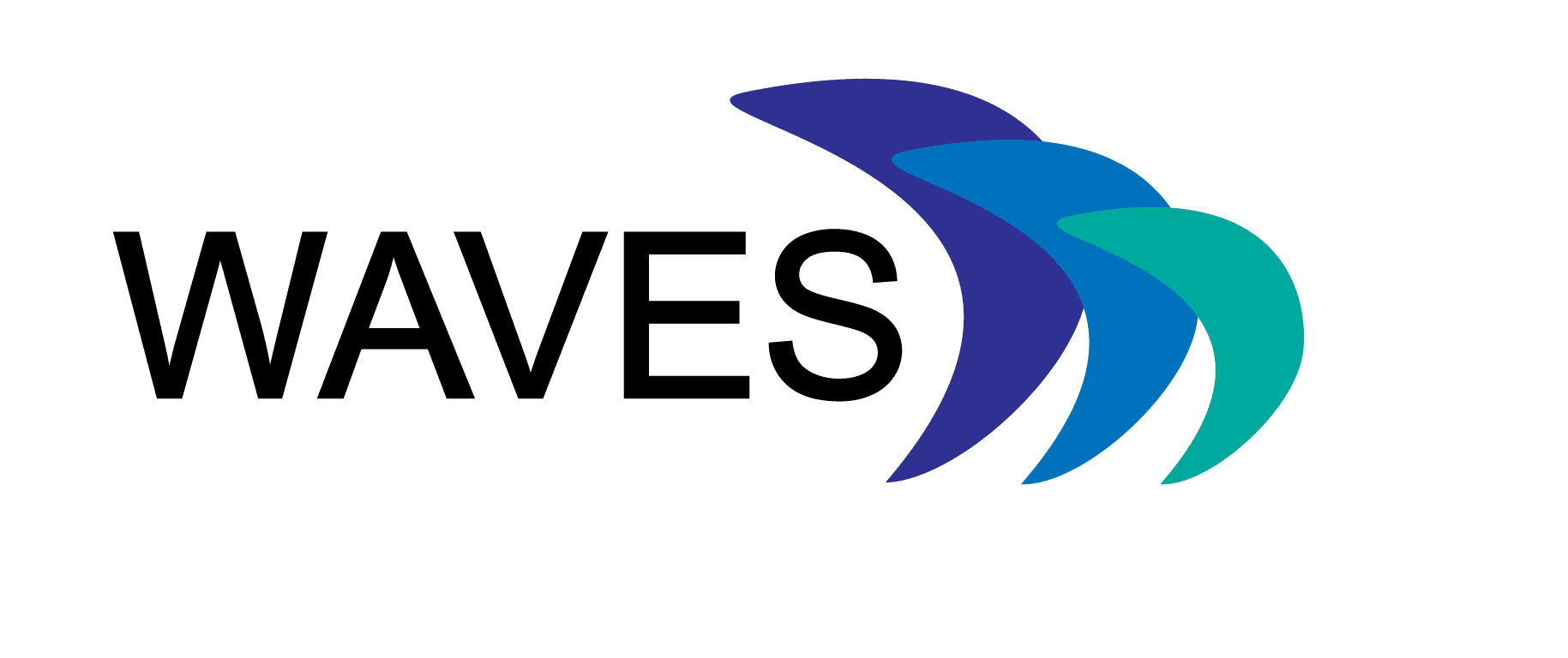The Association for Medical Education in Europe organized their annual AMEE Conference which took place in Helsinki from 26th to 30th August. This conference brings together professionals and students interested in Medical Education and gives participants a great opportunity to discuss and explore the innovations and exciting research in this fields.
eLearning is one of the key topics of the conference including interactive Scenario Based Learning (SBL), MOOCs, and other topics that are significant for the WAVES project. Several of the WAVES partners and members of the WAVES network, participated within the conference, by presenting some of the project outputs with oral presentations, posters and more.

Terry Poulton, from St George’s University of London contributed to a symposium entitled ‘The future of MOOCs in the medical education continuum’, and presented a vision of ‘MOOCs in 2025’. Acknowledging that predictions are notoriously unsuccessful in technology, Terry considered what we can safely predict about changes in learning behaviours, the massive increase in demand for education globally, and an expected huge skills gap. Universities will begin to change their role in society and support not just the university student, but the lifelong learner who is expected to have a much larger number of jobs in their career, when compared to previous generations. There appears to be general agreement that the major growth in demand is for lifelong learning, that bricks and mortar universities cannot keep up with that demand, and that the growth area is in short courses online, ‘micro-credentials’, which can begin to address the anticipated ‘skills gap’.

Sheetal Kavia from St George’s University of London gave a presentation during the short communications session on eLearning – Virtual Patients. Her presentation gave an overview of the findings from the needs analysis which was carried out during the beginning of the WAVES project. She also highlighted how the information gathered was used to build up technical and user specifications which can be applied to other VS systems and development of interactive tools for teaching and training. There was a lot of interest in the findings and as a results a lot of interest was generated from the conference participants for the upcoming launch of the “how to” MOOC which is being developed as part of the WAVES project.

Luke Woodham from St George’s University gave a presentations on the evaluation carried out as part of the TAME project. The evaluation gathered feedback from staff and students from the partner country institutions (Kazakhstan, Ukraine and Vietnam) to measure the impact of virtual scenarios (VS) on learners across multiple countries and on the use of VS for training against error in a PBL format. The evaluation will try to prove that the use of VS within education can improve awareness of error and support the practical application of SBL as a tool to reduce preventable adverse events in patient treatment. Ella Iskranko-Poulton, a PBL tutor from St George’s University also presented on the TAME project concentrating on introducing new technologies across multicultural contexts; holistic train the trainer approach.
Andrzej Kononowicz from Karolinska Universitet presented a short oral presentation about the WAVES project titled “Enhancements in accessibility and usability of SBL environments: results from the WAVES project” in the session titled International Education. The presentation covered the technical developes of the project such as the improvement of accessibility beyond enhancements for people with disabilities to increase the use of VS for new educators and learners. Andrzej presented on how the WAVES’ Technical Reference Group (TRG) is to improve access to virtual scenarios for learning in a context where English is not the native language. Internationalisation in our context means adjusting the virtual scenario systems in the project (i.e. CASUS and Olab) to different language/cultural groups and improve or create new translations of the user interface. This may open the way of virtual scenarios to new curricula worldwide. In addition Andrzej presented on a more mobile friendly version of the Olab player further showing how VS are more accessible for those in developing countries with limited access to desktop computers.

Karaganda State Medical University (KSMU) presented the early results of the EC funded project “Training against medical error” (TAME) using virtual patient (VP) cases with two posters:
- “Adapting virtual patient cases to language and culture: how not to throw the baby out with the bathwater?” which highlighted the experience of adapting cases originally written and addressed to UK healthcare system to Kazakhstan healthcare system and culture.
- “Virtual patients in training against medical error: student experience of working with paediatric cases,” which showed the results of student’s opinion and experience when using branched and linear VP cases within the curriculum.
The conference participants were interested in medical error, VP case subjects as well as the project implementation in Kazakhstan presented by Sholpan Kalieva, Gulmira Abakassova and Viktor Ricklefs.
Award winners. The international ASPIRE Board of distinguished leaders in medical education supported by the Association of Medical Education in Europe (АМЕЕ) recognised the excellence of Practical Skills Centre of Karaganda State Medical University presenting them with the ASPIRE award for “Excellence in Simulation”. The certificate and the trophy was officially presented at AMEE conference in Helsinki on August 28, 2017. Presently, KSMU is one of the first medical schools to receive this prestigious award within Kazakhstan. Only 38 medical schools across the globe have been awarded, including 5 in simulation.
The success of the centre has led to its model being transferred to other schools in the region and to the creation of a new innovation centre to facilitate this transfer and to develop new models of simulation-based learning and assessment. This has been considered by the reviewers as an example of an excellent simulation program against which others can aspire. See list of ASPIRE winners.
8. 11. 2017



















